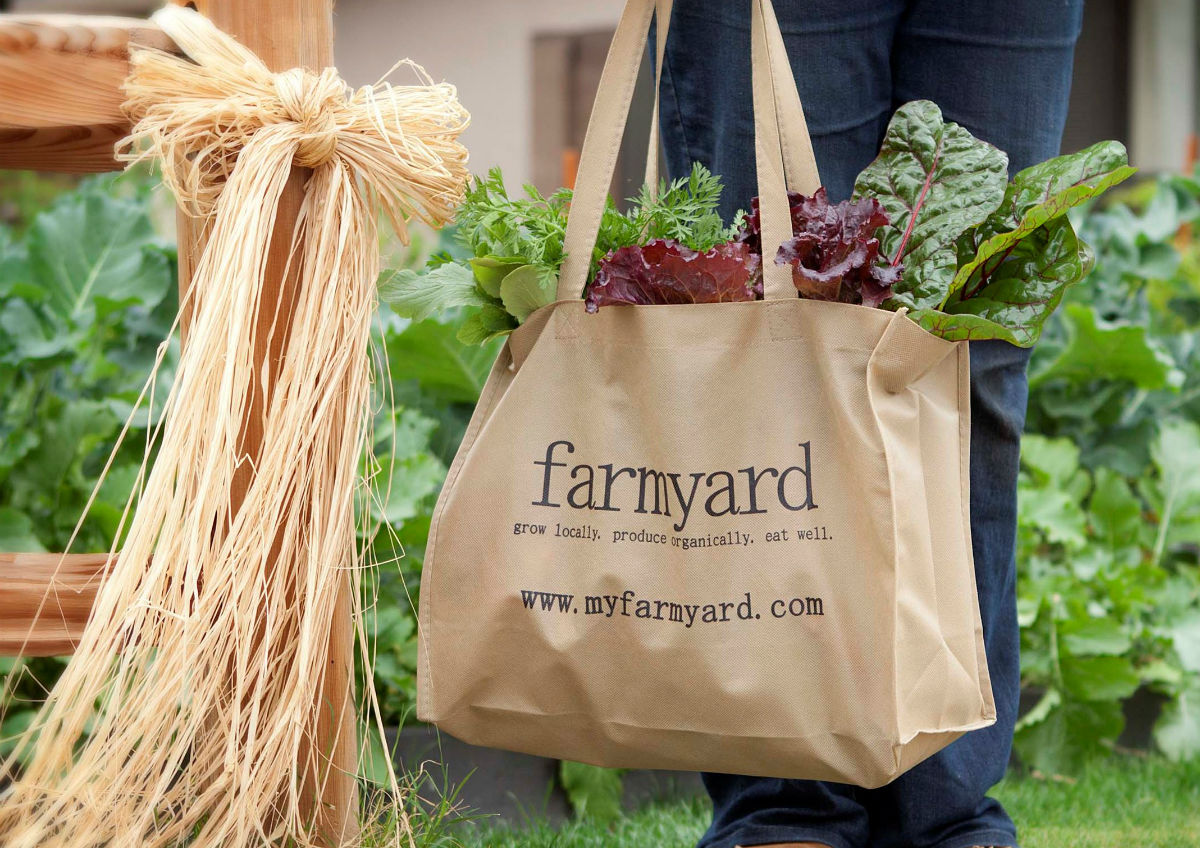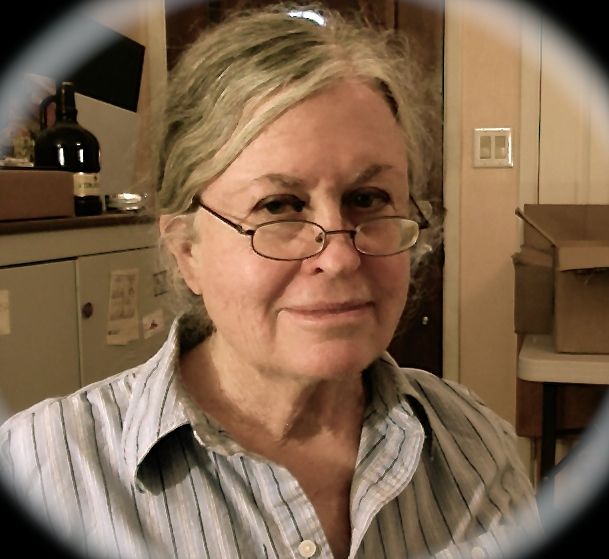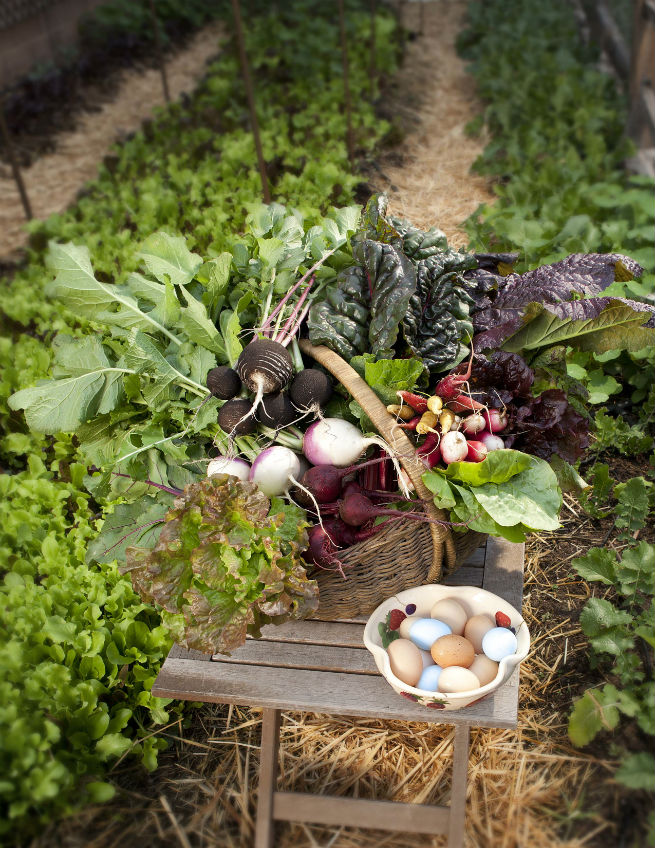

By Dee Logan
CSAs, or Community Supported Agriculture models, have been around for at least four decades in this country as a way for small farms to directly market to their customers uniquely. Frank Martin of Crooked Sky Farms, partnering with students in Prescott College, developed the original CSA here in Arizona in 1999.
All of the folks who know Frank recognize his love for farming and the land. He is especially passionate about the heirloom varieties of crops and saving their seeds. Another quality that defines Frank is his willingness to share his knowledge of the history of seeds and crops, and the way he has learned to honor the potency of a single seed as it transforms almost incredibly into an amazing cultivar.
That’s one defining aspect of CSA farmers — a passion for the land and the crops being produced, and a willingness to share the knowledge accumulated in their committed experience in farming. Rebecca Kidwell, 8 years a CSA farmer with the Farmyard CSA, shared another insight: that teaching her CSA members about seasonality, and what it means to be mindful of foods grown locally, challenges them to go beyond their comfort zone in trying a new vegetable or a new way of preparing foods from their CSA basket.
This is an especially powerful tool in the development of mindful and seasonal eating, a skill that one learns to embrace with each new seasonal CSA basket. Seasonality and mindful eating are experiences we as consumers develop through our CSA connection.

Maya Daily, the owner of Maya’s Farm, has made her community and the health of its children her business, both in her farming practices and as a mother. With her CSA operating for more than ten years, Maya has taught classes in necessary skills of healthy life choices, weaving them around her farming and cooking knowledge. As she states on her website, “When you invest in a small farm CSA, you invest in the local community, you invest in the environment, you invest in health. CSA is an investment in the future of local food.” The implicit investment then is in the health of the future members of this community, a profound and affecting awareness through her CSA model.
“True Garden founders Lisa and Troy Albright selected Future Growing’s vertical aeroponic Tower Garden technology … because the vertical tower farm is ideal for small urban settings like this one.” Taken from True Gardens website is this description of what urban farming may look like in the near future with the growing scarcity of land and water and the reality of changing weather patterns. Their CSA members have a selection of an extended season of cool-weather crops. The challenge that all farming is or will be facing in the future is population growth versus the ability to adequately feed the future generations. The Albrights posit that they have a viable solution to that.
Ultimately, CSAs take on the characteristics of the farmers who manage them. Their passions and skill sets bring the product to the consumer, creating an engagement of the consumer with their food and ultimately with their community, as well as the vision for the future of food and farming. CSAs are a way of bringing to each of us, as consumers, the importance of our own personal food choices.
To contact any of these farmers about their CSAs and other farming options, visit their websites: crookedskyfarms.com, myfarmyard.com, mayasfarm.com
and truegarden.com.
Dee Logan is the senior coordinator for the Arizona Community Farmers Market Group, an association of local markets that she and her husband founded in 1989.






